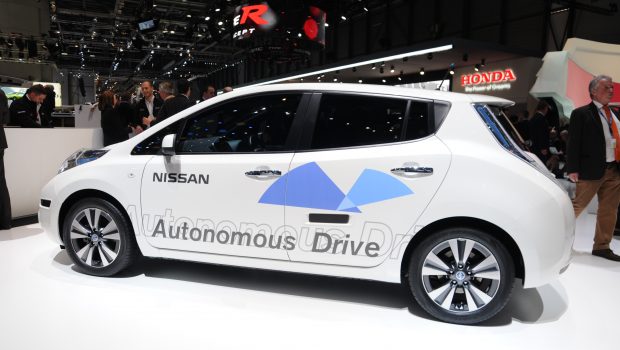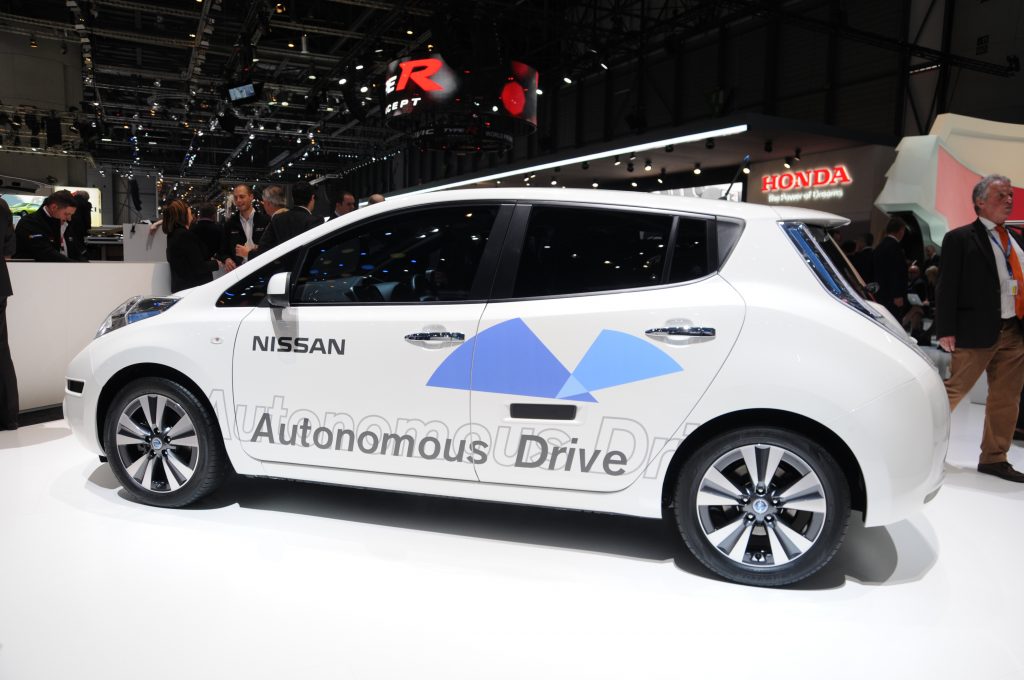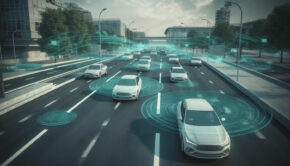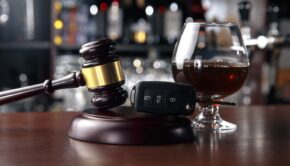Will Autonomous Cars Change DUI Laws?
Driving under the influence (DUI) is the crime or offense of driving, operating, or being in control of a motor vehicle while impaired by alcohol or other drugs. There are several general issues to be aware of when an individual is charged with a DUI offense. All of these issues will vary from state to state, jurisdiction to jurisdiction, etc. If you ever find yourself in such a situation it is advised that you contact a highly experienced lawyer like a DUI lawyer in Miami, so that case gets solved without getting much complicated.
Now the question is, Will Autonomous Cars Change DUI Laws?
Throughout human history, we have relied on technology to save human lives. Autonomous cars — the biggest technological innovation in recent decades — could be the solution to the thousands of deaths caused by drunk driving each year.
A Question of Blame
The introduction of autonomous cars will have a significant impact on lowering the number of traffic accidents. Advanced tech could lead to substantially fewer deaths each year, even in the face of concerning distracted driving and drunk driving statistics. But how will driverless cars affect laws prohibiting impaired driving?
The majority of state DUI laws demand proof that the driver is in control of the vehicle before they can be indicted of a crime. This is usually obvious to a police officer, especially after pulling over a driver who is moving erratically on the road. However, driverless cars will bring about some key questions for legislators.
First and foremost: who is actually in control of an autonomous car? Since autonomous vehicle owners may not even have their hands on the wheel at the time of an accident, impairment could arguably not even be a contributing factor. Under current laws, drivers would still be charged with drunk driving under this scenario.
But in an accident where human error is not to blame, the car manufacturer could be held culpable. Auto companies argue that drivers should remain alert and ready to wrest control of the vehicle in times of emergency, but lawmakers have not definitively answered this concern.
Ethical Concerns
Legalizing impairment for drivers of autonomous vehicles could have some unintentional positive and negative consequences.
One benefit to individuals taking certain prescription medications is that they can safely follow their regimen without fear of driving impaired. Antidepressants, allergy pills, and medications for high blood pressure can cause users to experience drowsiness. Yes, you can get a DUI for taking a prescription medication. Changes in laws regarding impaired driving for autonomous cars could simplify issues for these people.
Given how commonplace problems with addiction are, allowing impaired owners to operate autonomous vehicles might be a logical solution. According to Mary Jane Hanley, one of the founders of the Hanley Center Foundation, 1 in 4 Americans will have a problem with drugs or alcohol at some point in their lives. Permitting impaired individuals to use autonomous cars would give them a safe method of traveling.
On the other hand, there are some worrisome implications about condoning this sort of behavior. In doing so, the state could be complicit in encouraging and enabling addicts to continue a dangerous pattern of behavior. While everyone should try to identify and discuss signs of addiction with friends and family, state governments could set a dangerous precedent by openly permitting drunk driving.
Throughout the next decade, legislators around the country will need to determine what the best course of action is in regards to transforming DUI laws to suit the introduction of driverless cars. While critics have valid arguments for both condoning or condemning impaired driving in autonomous cars, this new technology will doubtlessly have an impact on the legal world.
















